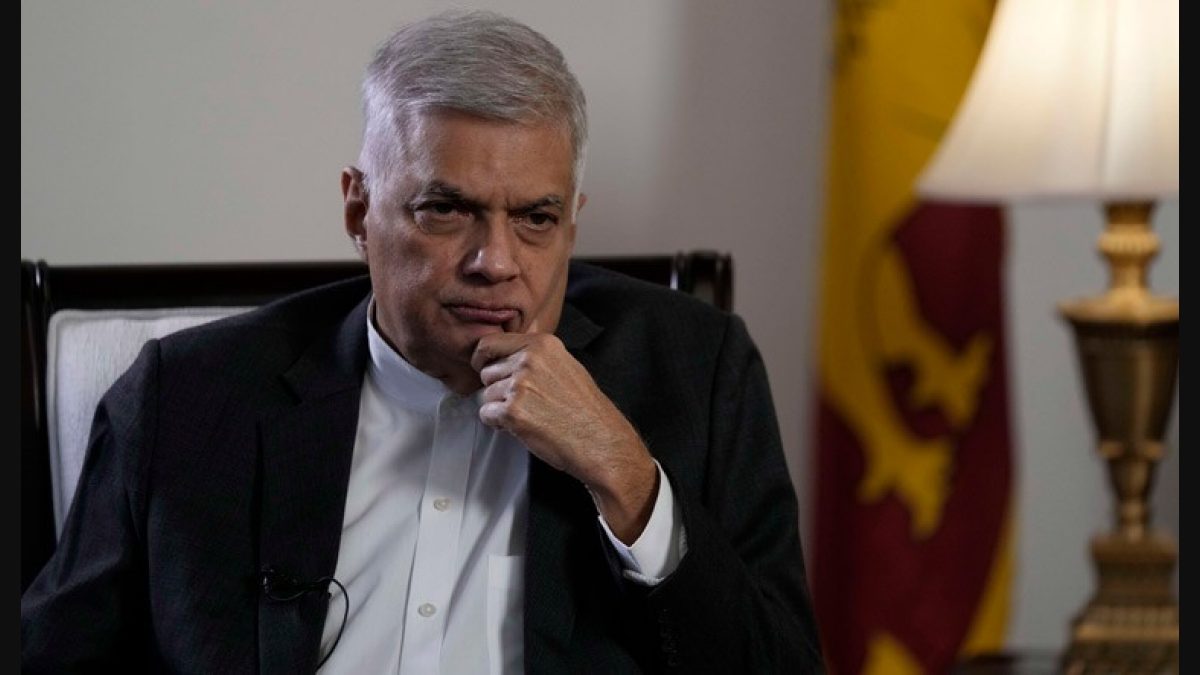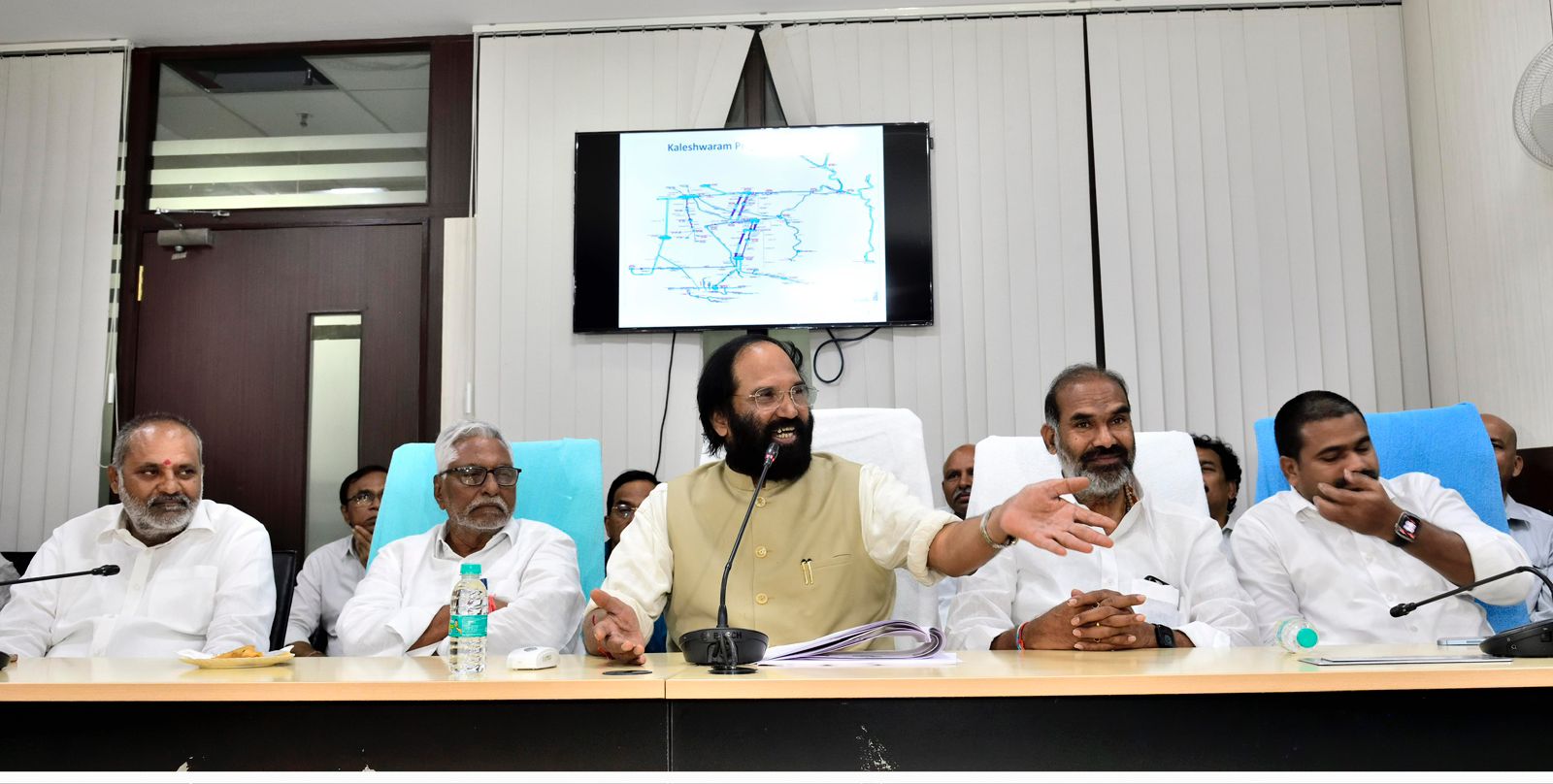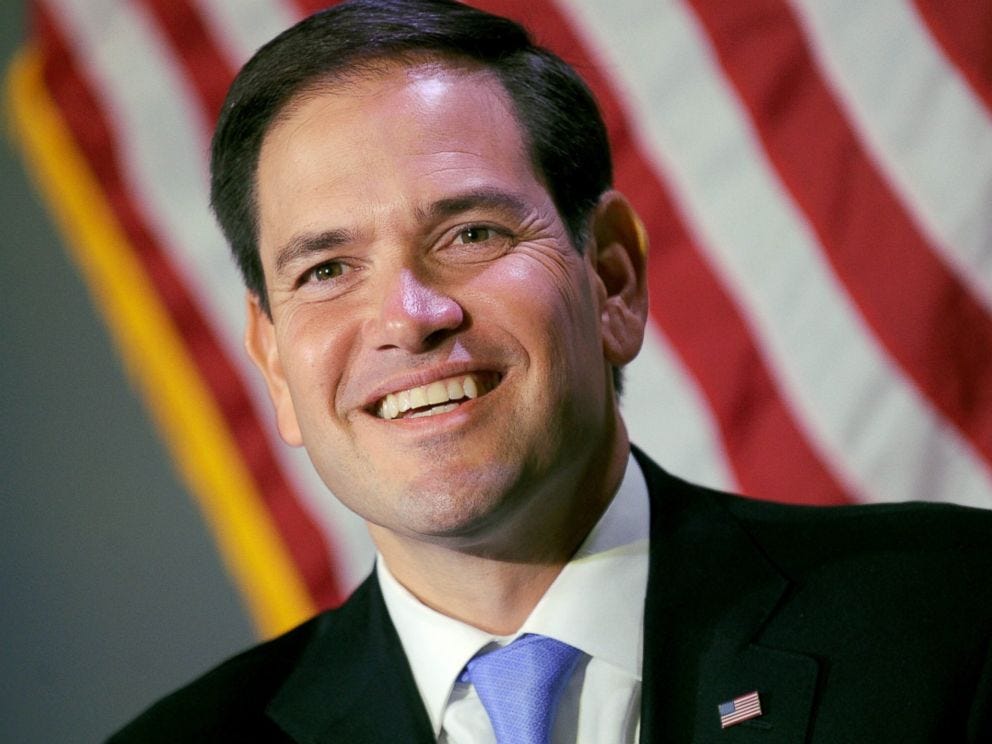Sri Lanka’s main Tamil political party to meet Prez Wickremesinghe

Colombo: Sri Lanka’s main Tamil political party will meet President Ranil Wickremesinghe here on Tuesday for “constructive” talks to address the long-pending demand for political autonomy for the minority community within a specified time limit.
The representatives from the Tamil National Alliance (TNA), an alliance of parties who represent Tamils from the North and East regions will meet Wickremesinghe to discuss a peaceful resolution to their demands.
A TNA release said that the main Tamil party was ready to “constructively engage in talks with the government to settle the Tamil national question within a specified time limit”.
“North and East are the areas of historic habitation of the Tamil speaking people which is acknowledged locally and internationally”.
The party stresses that the North and East have been recognised by the Indo-Lanka Accord as one unit.
“We are not prepared to hold any discussions that go contrary to that basis,” the release said.
Sri Lanka has had a long history of failed negotiations with the Tamils.
An Indian effort in 1987, which created the system of a joint provincial council for the Tamil-dominated North and East, faltered as the minority community claimed it fell short of full autonomy.
However, in 2006 the two provinces were separated via a Supreme Court ruling following interventions by the Sinhalese majority nationalist groups.
Sinhalese, mostly Buddhist, make up nearly 75 per cent of Sri Lanka’s 22 million population while Tamils make up 15 per cent.
The meeting on Tuesday will be a sequel to an announcement by Wickremesinghe on May 1 in which he said he was keen to settle the island’s long-standing ethnic issue with the Tamil community by the year’s end.
Wickremesinghe, who took over as the president last year amidst the unprecedented economic crisis and political turmoil, earlier, underlined the need to fully implement the 13th Amendment to the Constitution to grant political autonomy to the minority Tamils in the country.
The 13A provides for the devolution of power to the Tamil community in Sri Lanka. India has been pressing Sri Lanka to implement the 13A which was brought in after the Indo-Sri Lankan agreement of 1987.
In December last year, Wickremesinghe’s effort to initiate talks with the minority Tamil political groups in order to achieve reconciliation by February 4 – the 75th anniversary of Sri Lanka’s independence did not meet success as the country was grappling with the economic crisis.
Several all-party meets held between December last year and January this year also didn’t reach a conclusion.
India has been consistently calling upon Sri Lanka to fulfill its commitments to protect the interests of the Tamil community and preserve the island nation’s character as a multi-ethnic and multi-religious society.
Over the years, the Sri Lankan government has been aggressive against Tamilian groups following its war with the Liberation Tigers of Tamil Eelam (LTTE).
The LTTE ran a military campaign for a separate Tamil homeland in the northern and eastern provinces of the island nation for nearly 30 years before its collapse in 2009 after the Sri Lankan Army killed its supreme leader Velupillai Prabhakaran.
According to Sri Lankan government figures, over 20,000 people are missing due to various conflicts including the three-decade brutal war with Lankan Tamils in the north and east which claimed at least 100,000 lives.
International rights groups claim at least 40,000 ethnic Tamil civilians were killed in the final stages of the war, but the Sri Lankan government has disputed the figures.




